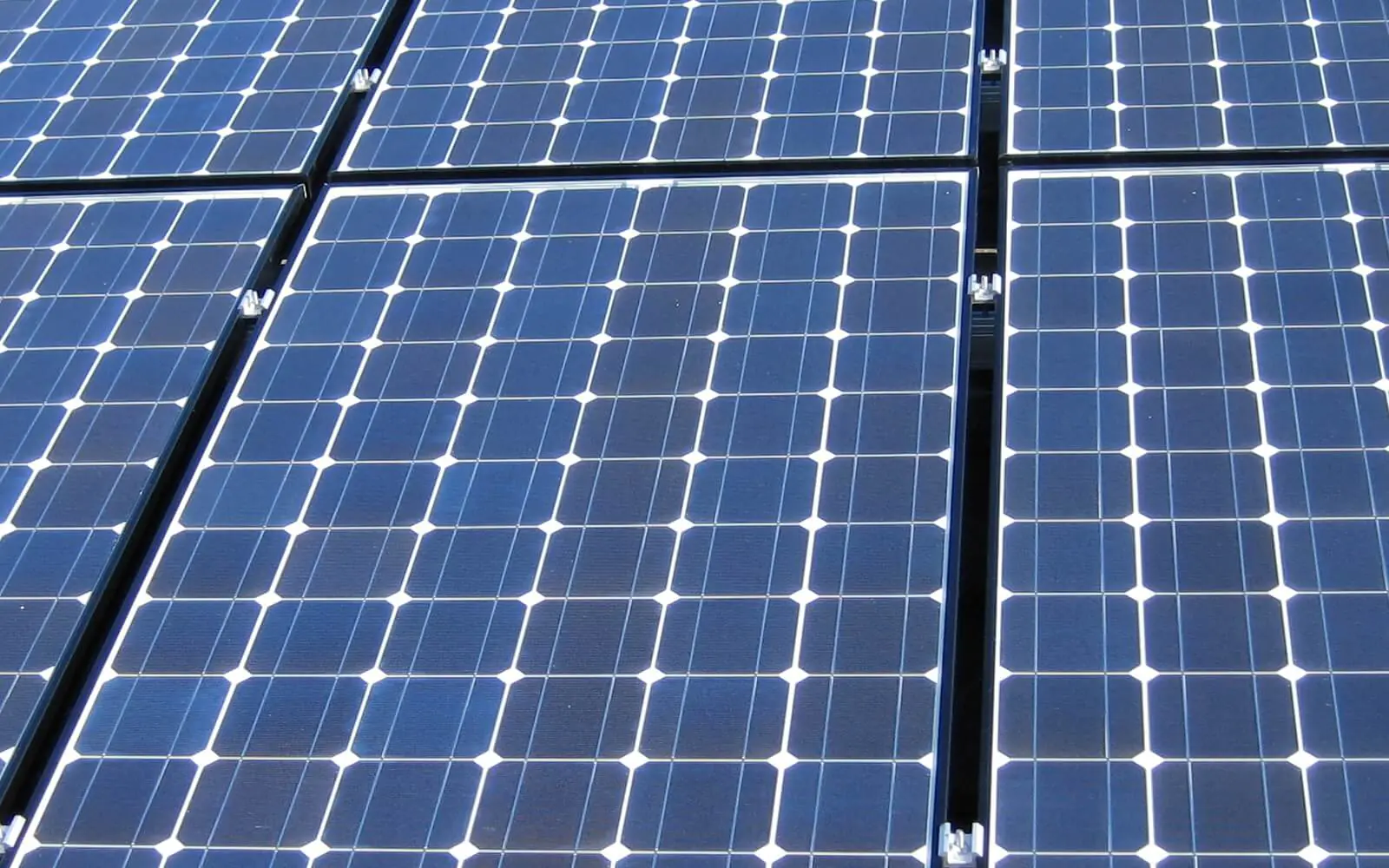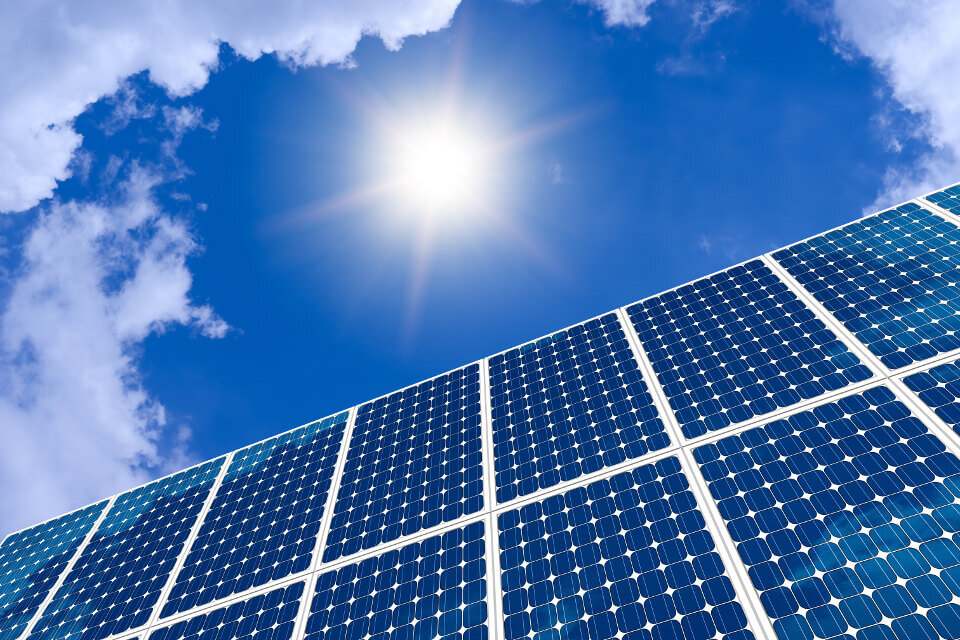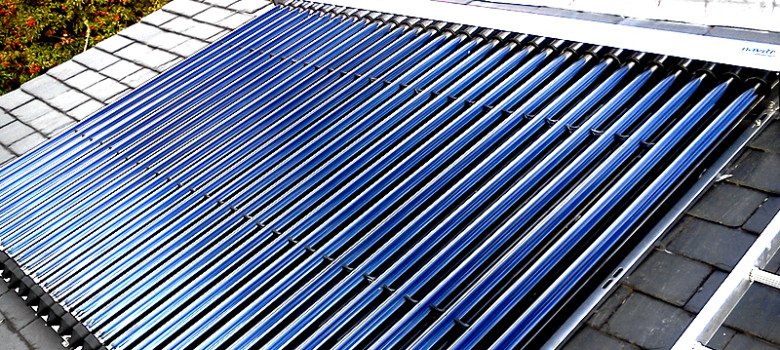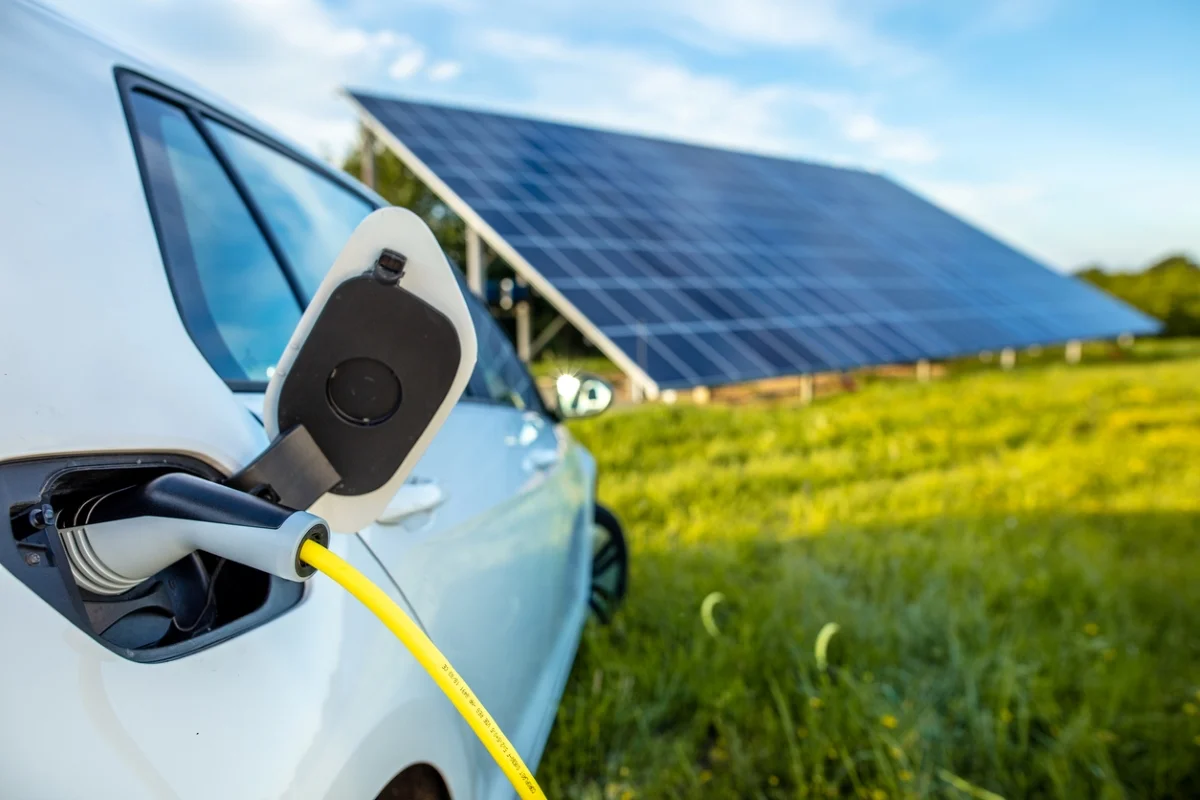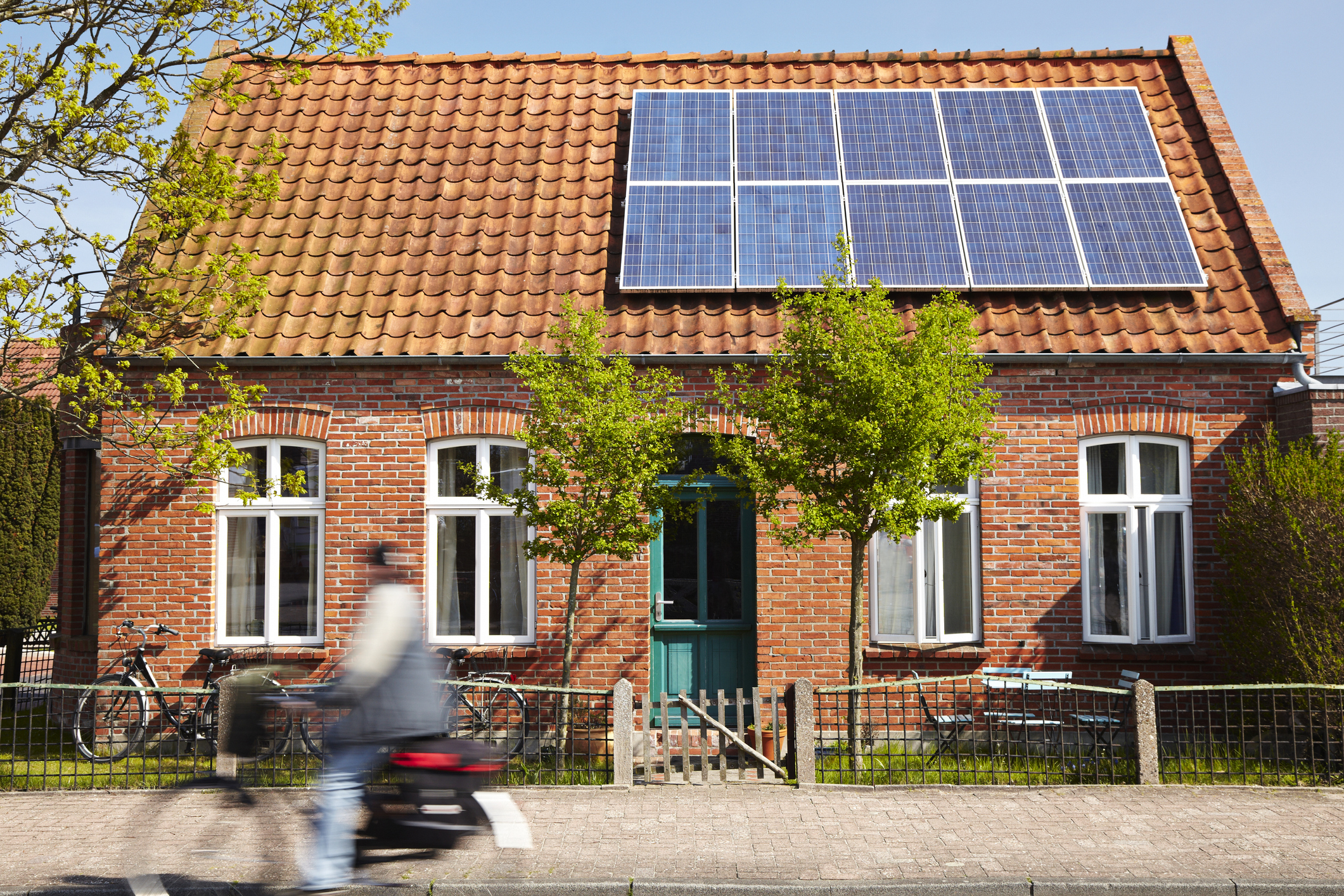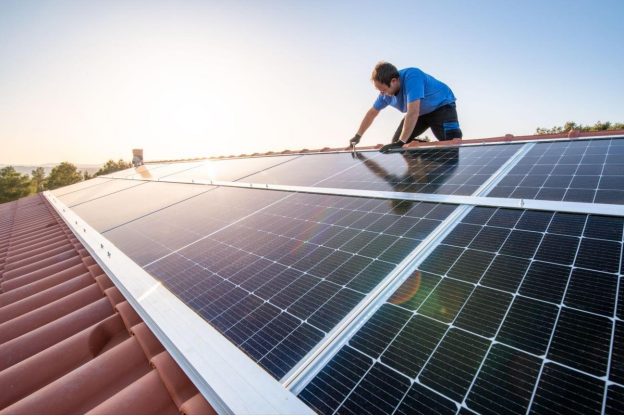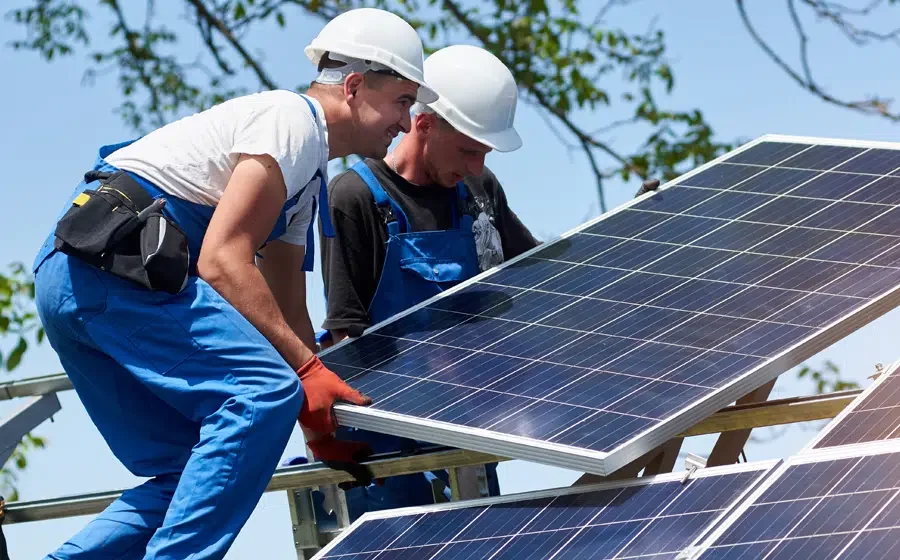- Surprisingly, the UK is an excellent location for solar panels, despite common misconceptions.
- Panels offer various methods to warm a household.
- The return on investment is typically not rapid, and sometimes not achieved at all.
Solar panels not only reduce dependence on the grid but also diminish your carbon footprint and cut down on energy expenses, ultimately allowing you to recoup the initial investment. This article delves into diverse methods of utilizing solar panels for home heating and provides an estimated cost analysis. To ascertain the installation costs for solar panels, just input some details into our user-friendly form. Our experienced installers simplify the process by promptly providing customized quotes directly to you.
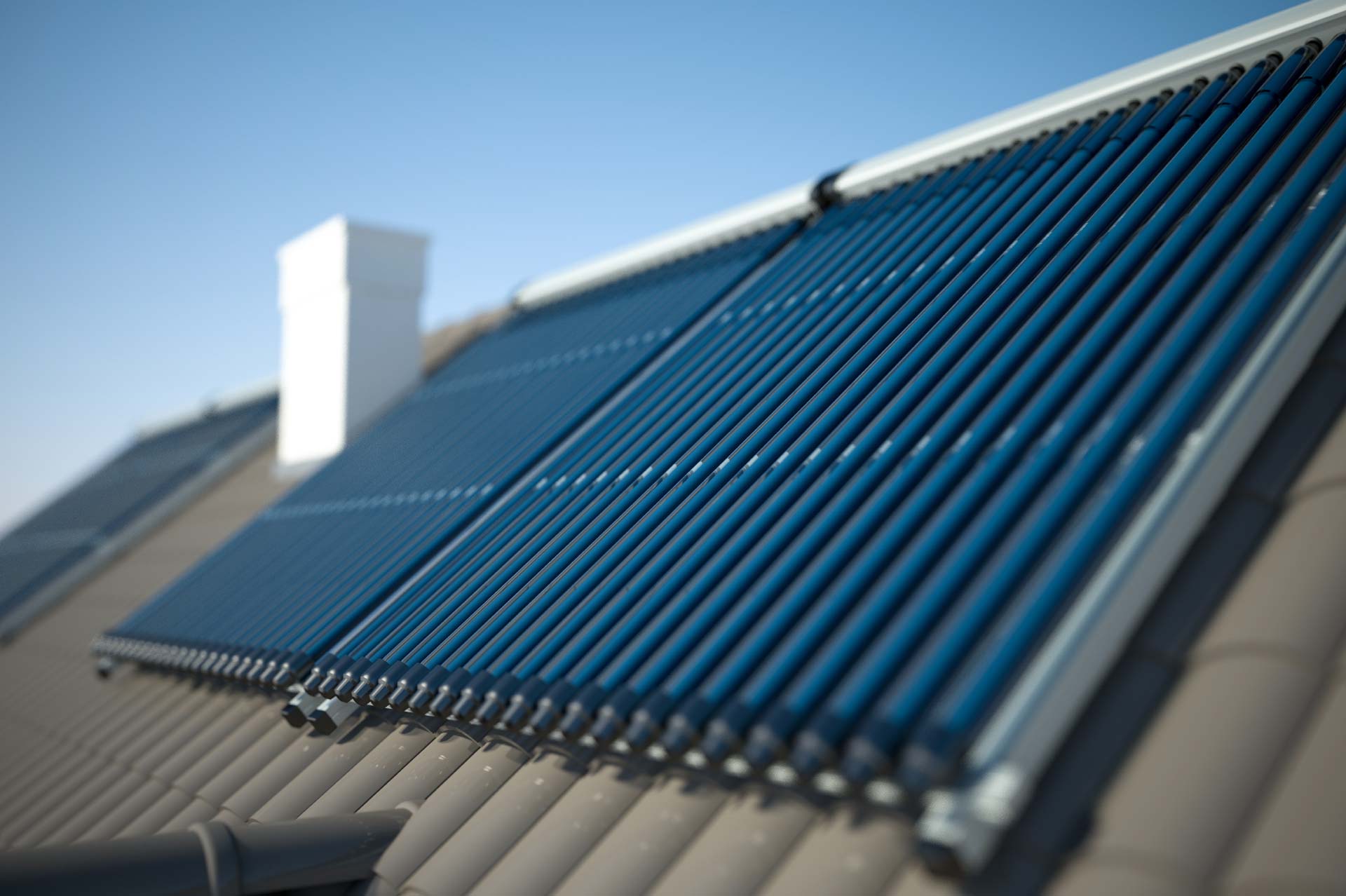
What's on this page?
Is it possible to heat your house with solar panels?
Certainly, employing solar panels to heat your home is entirely viable in the UK.
Contrary to common misconceptions, the UK is an advantageous location for solar panels. The presence of approximately 1.2 million homes in the UK that have already embraced this technology serves as evidence. The summer months in the UK offer optimal conditions for the efficient operation of solar panels, and they can continue generating a significant amount of electricity even during colder and cloudier periods throughout the year.
This article explores various approaches to harnessing solar panels for heating your house, providing insights to assist in determining the most suitable option for your needs.
Heating your home with solar thermal panels
Solar thermal panels set themselves apart from solar photovoltaic (PV) panels—while the latter is more prevalent and recognized, solar thermal panels offer distinct advantages. Not only are they more cost-effective than PV panels, but they also exhibit superior efficiency.
This difference stems from the operation of solar thermal panels, which don’t convert sunlight into electricity like PV panels; instead, they transform it into heat. Due to the absence of an electricity conversion process, they operate with higher efficiency, achieving approximately 70%, whereas PV panels typically operate within a range of 15-20%.
These panels are specifically designed for water heating, utilizing solar collectors to capture sunlight. These collectors are linked to a system that circulates a heat transfer fluid, commonly a mixture of water and antifreeze.
While circulating through the collectors, the fluid absorbs heat from the sun, becoming hot in the process.
Subsequently, the heated fluid is directed to a water cylinder, preserving the heat for later use when the heating system requires it. The warmed water can then be distributed through radiators or underfloor heating systems to warm your home or used for bathing and washing dishes.
Another way to heat a house with solar is with hybrid solar panels, which produce both heat an electricity.
How much does this cost?
Ordinarily, solar thermal panels tailored for a three-bedroom house entail an average expense of around £4,000, exclusive of installation charges. However, supplementary costs may be incurred for a larger water cylinder, capable of accommodating the heat exchanger system and storing a substantial supply of hot water for days with limited sunlight.
For a typical household reliant on a gas boiler, the annual savings amount to roughly £75 on utility bills. Consequently, although the financial investment in solar thermal panels might not lead to complete financial parity, the same applies to a gas boiler. Nonetheless, opting for solar thermal panels facilitates a reduction in your carbon footprint.
Want to find out more? Check out our page: Are Solar Thermal Panels Worth It In The UK?
Powering a heat pump with solar panels
A heat pump efficiently extracts heat from the air, ground, or water, elevating its temperature for household purposes. Integrating a heat pump with solar panels is a viable option.
Nevertheless, during winter or overcast days, there’s a likelihood that you’ll need electricity from the grid. Relying solely on solar panels to power a heat pump is intricate, as it requires a considerably large solar PV system, which, in turn, might be oversized for winter usage.
For instance, a 5-kilowatt heat pump to heat a three-bedroom house would require 20 solar panels. This number is double the quantity typically needed for regular electricity use! While a solar battery can assist in storing power, achieving complete independence from the grid remains a challenge.
How much does this cost?
On average, air source heat pumps amount to about £10,000, whereas ground source heat pumps average around £16,500. Nevertheless, property owners in England or Wales seeking to replace a fossil fuel heating system might qualify for a £5,000 grant through the government’s Boiler Upgrade Scheme.
A 4.2-kilowatt solar panel system, typically suitable for a three to four-bedroom home, is priced at £7,860. Therefore, the total investment amounts to £12,860 (assuming eligibility for the government grant and opting for an air source pump).
For those desiring a solar panel system capable of fully powering their heat pump during the summer, a three-bedroom residence would require 20 panels, doubling the cost to approximately £16,000 (plus an additional £5,000 for the pump). This brings the overall cost to around £21,000.
While heat pumps offer improved efficiency, their operational costs are comparable to a gas boiler, resulting in energy bills remaining relatively stable. Consequently, this option may not lead to a financial break-even, but it does provide an eco-friendly energy solution to address climate change.
Powering a hot water cylinder with solar panels
Supplying power to a hot water cylinder is typically a straightforward process to establish. The panels generate electricity, which is then transmitted through a metal coil positioned inside the hot water cylinder.
This coil directly heats the water within the cylinder, maintaining its temperature for a period of one to two days. Additionally, the cylinder usually incorporates a secondary coil capable of receiving heat input from a gas, oil, or electric boiler. An immersion heater serves as a backup in case of a system malfunction.
How much does this cost?
The cost of hot water cylinders, whether vented or unvented, generally ranges from £250 to £2,000, inclusive of installation charges. Consequently, in this context, the solar panel system constitutes the larger expenditure. Referring back to the example of a three-bedroom house, the solar panels would amount to around £7,860, with an additional estimated £500 for the cylinder, resulting in a total of approximately £8,400.
During the summer months, it is possible to exclusively heat water using solar power, although this is influenced by household size and water consumption patterns. However, backup from an alternative source would likely be necessary during winter, potentially increasing energy bills.
A medium-sized three-bedroom home typically incurs an estimated annual gas bill of £1,345.96. Assuming the solar panels fully cover hot water needs for five months, the average annual gas bill might reduce to £785.12. This results in a payback duration of approximately 10.6 years, considering a total investment of £8,400 for the panels and cylinder.
Powering infrared panels with solar panels
Diverging from the direct heating of air, infrared panels uniformly warm surfaces such as walls, ceilings, and floors. These surfaces then absorb and emit heat gently into the room. This approach is more efficient than traditional radiators, which often waste energy by heating large volumes of air.
To utilize solar panels for powering infrared panels, an inverter is essential. It converts the direct current (DC) generated by the solar panels into alternating current (AC) electricity. This AC electricity aligns with your home’s electrical system, effectively providing power to the infrared panels.
How much does this cost?
Infrared panels, typically priced at £7,000, offer a heating solution for a three-bedroom home, with potential additional expenses if you opt for visually appealing panels that also function as mirrors or paintings. Choosing ceiling-mounted panels instead of wall-mounted ones can reduce the cost by £1,500. Additionally, you should consider the cost of a solar panel system, which is estimated at our standard rate of £7,860 for a three-bedroom home.
The annual cost of operating infrared panels to heat a similar home amounts to approximately £742, which is significantly lower than the £2,040 annual cost of heating the equivalent space with an electric combi boiler. Despite the reduced bills, the payback period for solar-powered infrared panels is still projected to be around 20 years.
What’s the best way to heat your home with solar panels?
Ben Price, co-founder of Heatable, emphasizes that the cost of operating a heating system with solar panels depends on various factors, including the system’s size and efficiency, the solar panel system’s characteristics, local electricity rates, sunlight availability, and user behavior.
For tailored guidance on incorporating solar panels for home heating, it is advisable to seek advice from a qualified installer. Although identifying rapid payback solutions may be challenging, if reducing carbon emissions is your primary objective, exploring the outlined options in this article is worthwhile.
Next steps
Solar panels offer an efficient heating solution for homes in the UK, presenting a variety of options that necessitate thorough research and contemplation. The initial stage involves assessing the installation expenses associated with solar panels for your residence. To compare the prices of solar panels, simply provide your details, and our reputable installers will furnish you with tailored quotations to fulfill your individual requirements.
Get FREE Solar Quotes
Find out how much a solar solution would cost you
Complete A Short Form – Receive Free Quotes – Compare & Save
Get FREE Solar Quotes
Find out how much a solar solution would cost you
Complete A Short Form – Receive Free Quotes – Compare & Save

